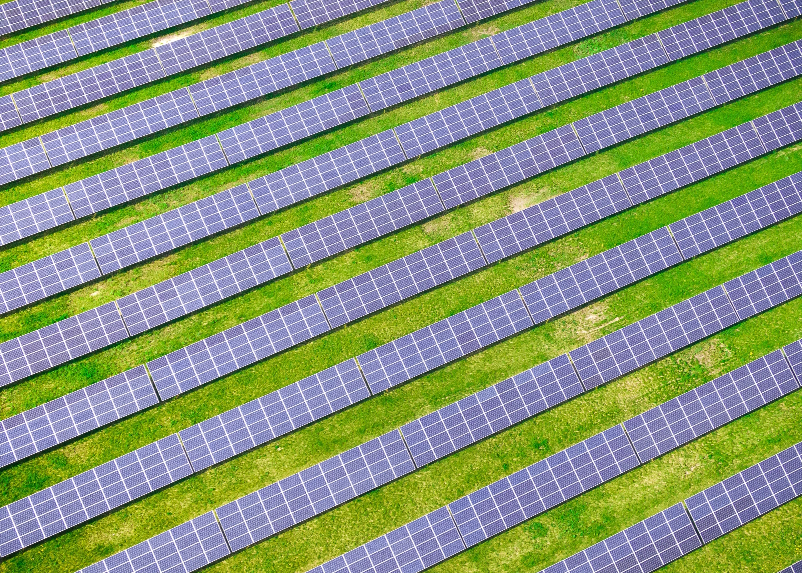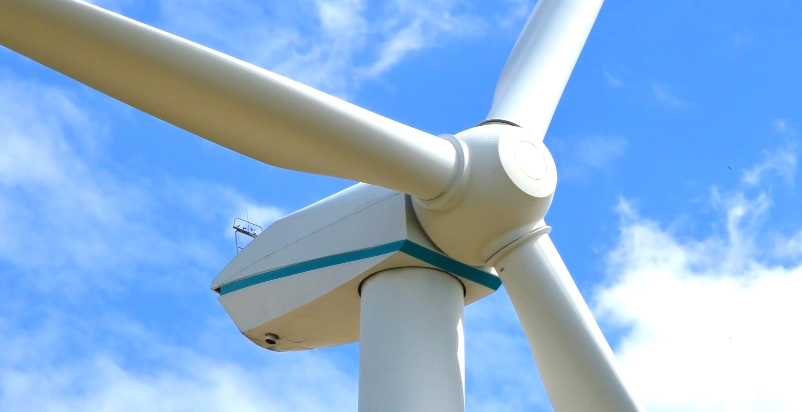Our Carbon and Energy Reduction Reviews help our clients take a solid first step towards emissions reductions and energy cost savings.
Arche Energy’s introductory Carbon and Energy Reduction Review provides our customers with a focused direction that helps to drive reductions in their energy consumption and carbon emissions as the first step on their sustainability pathway.
Our clients include those seeking to develop strategies to meet their obligations under Australia’s Federal Safeguard Mechanism obligations and ESG commitments.
Our fixed fee carbon and energy reduction review service involve a one-day workshop and site inspection.
We will also identify opportunities for energy and carbon reduction along with a strategy to address these opportunities.
The introductory service is the first step in a sustainability action plan that can lead to activities such as energy audits, installation of onsite renewable power, installation of batteries, fuel substitution, heat recovery or waste reuse/repurposing.
Arche’s introductory carbon and energy reduction review provides our customers with focused direction as the first step in a sustainability pathway that will drive reductions in energy consumption and carbon emissions.
Our fixed fee service involves:
The introductory service is the first step in a sustainability action plan that might then lead to actions such as:
Outcomes from the review typically include opportunities to reduce energy consumption and carbon emissions, improvements in operating costs and ESG metrics, and the potential to generate renewable energy certificates and carbon credits such as ACCUs.
Contact us today for energy and carbon solutions in Australia.

For a limited time only, Arche Energy is offering our carbon and energy reduction review for a fixed price of AU$9,750 (excluding GST and travel. Conditions apply).
Get started on your energy and carbon reduction pathway.
Carbon reduction and energy reduction are closely linked because energy production is one of the most significant contributors to greenhouse gas emissions, primarily carbon dioxide (CO2), which is a leading driver of climate change.
This involves shifting from grid based power to on site, behind the meters renewable sources like solar (with our without batteries) to significantly reduce carbon emissions.
Methane emissions from mining of coal, production of natural gas and operation of land fill account for substantial greenhouse gas emissions. These emissions can be reduced through collection and flaring, thermal oxidisation, use in power generation, or be processed into pipeline quality natural gas. Arche's in-house petroleum and gas team routinely identify millions of tonnes of CO2 (e) reductions related to fugitive methane emissions.
This technology captures CO2 emissions from power plants and industrial facilities, preventing them from entering the atmosphere. The captured CO2 is transported and stored underground or used for other purposes, such as enhanced oil recovery. View our carbon capture consulting page for more information.
Improving energy efficiency in buildings, transportation, and industrial processes can help reduce carbon emissions.
Techniques may include waste heat recovery and retro-fiting of more efficient plant, such as variable speed drives.
Opportunities for carbon and energy reduction vary depending on the location, industry, and context. A comprehensive and integrated approach is essential to effectively tackle your business or project’s carbon and energy reduction.
Common areas of improvement are:
Planting trees and restoring forests helps remove CO2 from the atmosphere through photosynthesis. Trees absorb carbon dioxide during growth and store it in their biomass, acting as a natural carbon sink.
Nature based solutions may also include soil carbon improvements achieved through land restoration and improved farming practices.
Energy reduction focuses on reducing overall energy consumption. By consuming less energy, we can minimise the need for energy production and related carbon emissions. Here are some energy reduction strategies:
Encouraging organisations to conserve energy by adopting practices such as properly insulating buildings, optimising heating, ventilation and cooling systems and installation of LED lighting.
Implementing technologies and practices help manage and control energy demand. This includes smart grid systems, time-of-use pricing and demand response programs, which incentivise consumers to reduce energy usage during peak demand periods.
Encouraging industries and businesses to adopt energy-efficient technologies, upgrade equipment, and optimise processes to reduce energy consumption. This can be achieved through energy audits, regulations, and financial incentives.
Often, substantial energy (and carbon) savings can be achieved through the modification of plant and process controllers. As the cost of power and carbon increases, the argument to retrofit plant that allows higher energy efficiencies to be achieved becomes stronger. Retrofitting items such as variable speed drives, heat recovery systems, LED lighting and more advanced control systems can make a substantial impact on energy consumption and related carbon emissions.
Organisations have a crucial role to play in reducing carbon emissions and energy usage and this is impacted by some of these factors (to the right).

Large organisations often have a significant impact on society and the environment due to their scale of operations and influence.
By taking proactive steps to reduce carbon emissions and energy usage, they can set an example for others to follow and inspire positive change in their industry.
Organisations have a responsibility to act as stewards of the environment and minimise their ecological footprint.
By reducing carbon emissions and energy usage, they can contribute to the preservation of natural resources, protect ecosystems and mitigate climate change.
By improving energy efficiency and adopting sustainable practices, organisations can reduce their energy usage and operational costs.
Energy-saving initiatives, such as upgrading to energy-efficient equipment, implementing smart building systems, and optimising supply chains, can lead to significant long-term savings.
Governments worldwide are implementing stricter regulations and standards related to carbon emissions and energy usage.
By proactively reducing their carbon footprint, businesses can ensure compliance with existing and future regulations, avoiding potential penalties, legal issues, and reputational damage.
Climate change and its associated impacts pose significant risks.
By reducing carbon emissions and energy usage, organisations can enhance their resilience, adapt to changing market conditions, and mitigate potential risks to their operations and supply chains.
There is a growing social movement that calls for organisations to demonstrate their commitment to sustainability and environmental responsibility.
By actively reducing carbon emissions and energy usage, businesses can enhance their reputation, attract and retain talent, build customer loyalty and gain a competitive edge in the market.
The transition to a low-carbon economy presents numerous business opportunities.
Organisations that invest in clean technologies, renewable energy, and sustainable practices can drive innovation, develop new products and services, access emerging markets and create a competitive advantage in a rapidly changing business landscape.
If your organisation is covered by the Australian Safeguard Mechanism, Arche’s Carbon and Energy Cost Reduction Review is a great way to start the development of a strategy that will minimise your organisation’s Safeguard-related costs.
Feasibility assessments on producing biogas from cattle manure
Prefeasibility investigations for the construction of bio hubs to process regional organic waste via anaerobic digestion
Studies to repurpose commercial waste
Identification of organic waste hot spots
Contract development for wastewater facilities that recover and beneficially reuse biogas on site.
Techno-economic study to repurpose sugar industry wastes to reduce operating costs for Australian farmers, while helping them to transition to renewable energy.
Biomass and biofuels
Carbon and energy reduction strategies are vital for mitigating climate change as they reduce dependency on carbon intensive energy sources, promote sustainability, and create a cleaner and more resilient energy system.
Reduction strategies require a combination of technological advancements, policy support, public awareness, and collaborative actions from governments, businesses, and individuals.
Fossil fuel combustion often releases harmful pollutants into the air, leading to climate change and respiratory and cardiovascular problems, among other health issues.
By reducing carbon emissions and transitioning to cleaner energy sources like renewables, we can improve air quality and promote better public health.

Relying heavily on any one fuel source for energy makes us vulnerable to price fluctuations, supply disruptions, and geopolitical conflicts.
By diversifying our energy mix and investing in renewable and low carbon energy technologies, we can enhance energy security, reduce dependence on foreign sources, and create more stable and sustainable energy systems.
The transition to a low-carbon economy presents significant economic opportunities. Investing in renewable energy, energy-efficient technologies, and sustainable practices can drive innovation, job creation, and economic growth.
By adopting sustainable practices, we can aim to meet the needs of the present without compromising the ability of future generations to meet their own needs.
This includes aiming to address poverty, promote equitable access to energy, and striving towards a sustainable and resilient future for all.